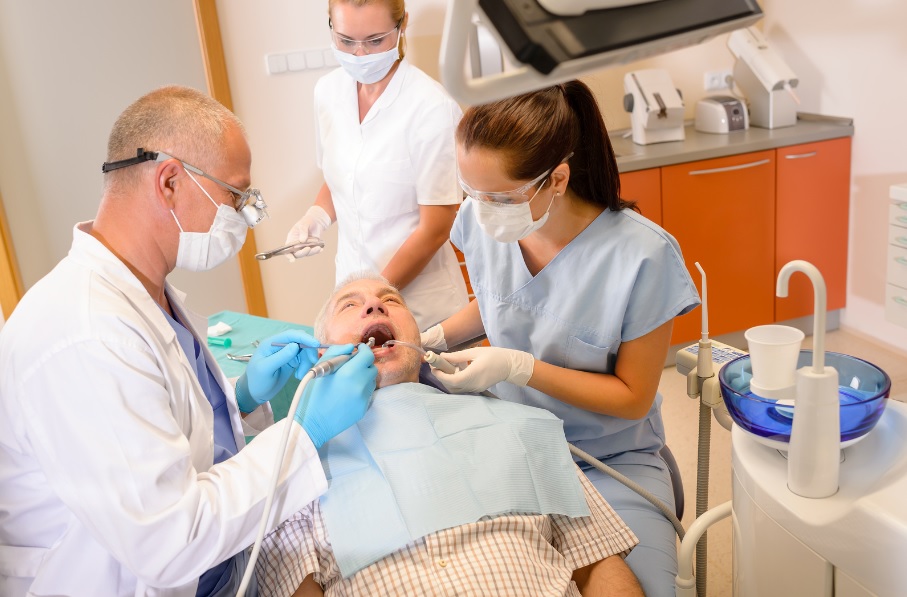It seems unlikely that dental treatments could somehow affect a patient’s cardiovascular health, but studies by the American Heart Association Endocarditis Committee show a link between endocarditis and high risk cardiac patients. Endocarditis is a rare, life-threatening inflammation of the lining of the heart muscle and its valves caused by a bacterial infection. WebMD explains further how regular visits to a dentist in Raleigh, NC could prevent this disease from taking its toll.
Is there a connection?
Although endocarditis can occur in anyone, it is more common among people with certain heart conditions and in those who’ve had it previously. Studies show that bacteria in the mouth related to periodontal disease can enter the bloodstream and cause an elevation in C-reactive protein, which is an indicator of blood vessel inflammation. As a result, these changes increase the risk of heart disease and stroke. Thus, maintaining optimal oral hygiene will always be a critical part of a person’s overall health.
How does it occur?
On rare occasions, bacteria in the mouth may trigger endocarditis in people at higher risk. Bacteria found in tooth plaque may multiply and cause gingivitis (gum disease). In its advanced stage, the gums become inflamed (red and swollen) and often bleed during brushing, flossing, or other procedures that involve the direct manipulation of the gums. When gums bleed, infectious agents such as bacteria can enter the bloodstream and affect other parts of the body. In the case of endocarditis, the bacteria stick to the inner lining of the heart and the surfaces of its valves, creating growths or pockets of bacteria.
Who is at risk?
To prevent endocarditis, patients with particular heart conditions are given doses of antibiotics about an hour before certain dental procedures.
Both the American Heart Association and the American Dental Association suggest that patients who have a history of endocarditis, cardiac valve disease, cardiac valve transplant, congenital heart disease, and other serious cardiovascular conditions should automatically receive antibiotics before dental treatment.
Patients can reduce the chance of developing dental decay, gum inflammation, and oral infections by caring for their teeth and gums. Optimal dental care entails seeking regular dental care from an experienced dentist in Raleigh, NC (such as the dental professionals at Gover and Gover Dentistry), brushing your teeth a minimum of twice daily, regularly flossing your teeth, and making sure that dentures fit properly.
(Source: Dental Health and Endocarditis Prevention, WebMD.com)

